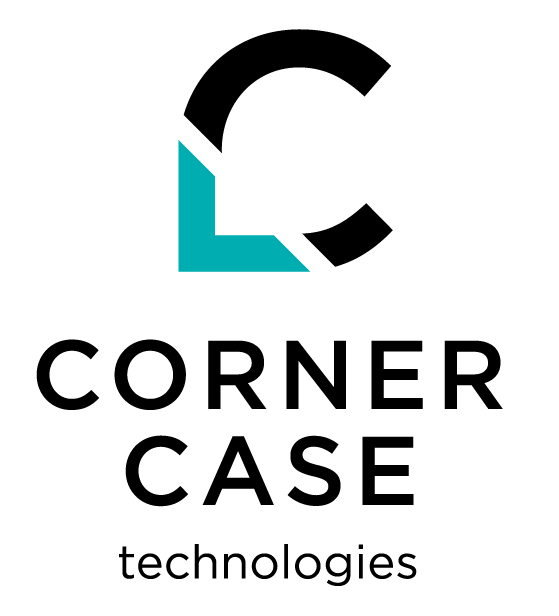OptiDrive
Predictive eco driving solution for service electric vehicles to optimise energy consumption, rank, analyse and enhance driver performance.

UAB “Klaipėdos paslaugos” (further – KP) provides regular passenger transport services in the city of Klaipeda, suburban areas, as well as intercity, and international routes. It is the largest passenger transportation company in Klaipeda and one of the largest companies specialising in this passenger transport in Lithuania.
Klaipedos paslaugos is 100 percent owned by Klaipėda city municipality and has been providing public transport service for more than 30 years. In addition to the main service of passenger transportation, KP offers a range of related services: renting buses for trips and excursions; shipment transportation services; Baggage storage services; Selling tickets for international routes; Renting advertising space on buses; Providing transportation technical maintenance services.
The organisation serves 55 routes in Klaipeda city and owns/leases a total of 123 vehicles. Approximately 19,6 million passengers are transported annually. The company has approximately 300 employees. The authorised capital of KP is 8,7 M eur.
By 2030, urban public transport operators must transition to alternative fuels, per National law, with electricity being the most likely choice due to the high cost and scarcity of hydrogen. Electric buses are set to replace fossil-fuel vehicles in Lithuania and the EU by 2030. KP, a pioneer in Lithuania, currently operates two electric buses and plans to expand to 35 by the end of 2024.
Fuel costs are a significant operational expense, and as KP transitions to electric vehicles, energy costs will become a major driver. To manage these costs, KP aims to implement eco-driving principles, which can reduce energy consumption by up to 10% per shift, conserve battery life, and provide data-driven insights to improve driver performance.
The challenge lies in creating a solution that reduces costs while optimizing driver performance through real-time feedback and actionable recommendations. Such a system would enhance eco-driving, improve energy efficiency, and optimize KP’s operational costs, aligning with the growing demand for data-driven tools to support electric fleets across Europe. KP seeks to lead in this area with its proposed OptiDrive solution.

Corner Case Technologies specializes in building intuitive web or mobile applications, either standalone or integrated with scalable back-end systems, using proven and cutting-edge technologies.
The company works on projects of all sizes, from PoC and MVP to globally scalable enterprise solutions. Its flexible approach allows collaboration with clients according to their specific needs.
With a proven track record of over 100 projects and 80 clients, the team delivers complete projects and leads product ownership from concept to implementation. It specializes in software development, product development, cloud infrastructure, Python, JavaScript, React.JS, React Native, Django, AWS, Agile methodologies, web applications, mobile applications, and MVP development.
Corner Case Technologies presents a groundbreaking solution that transcends conventional eco-driving approaches in public transport. Leveraging cutting-edge technologies, the solution revolutionizes the operational efficiency of electric buses while enhancing knowledge integration within the public transport sector. The co-created solution includes a minimal pilot scope featuring:
• A Big Data Analysis Algorithm.
• A Machine Learning-Based Tool.
• A Dedicated Analysis Tool with a Graphic User Interface.






